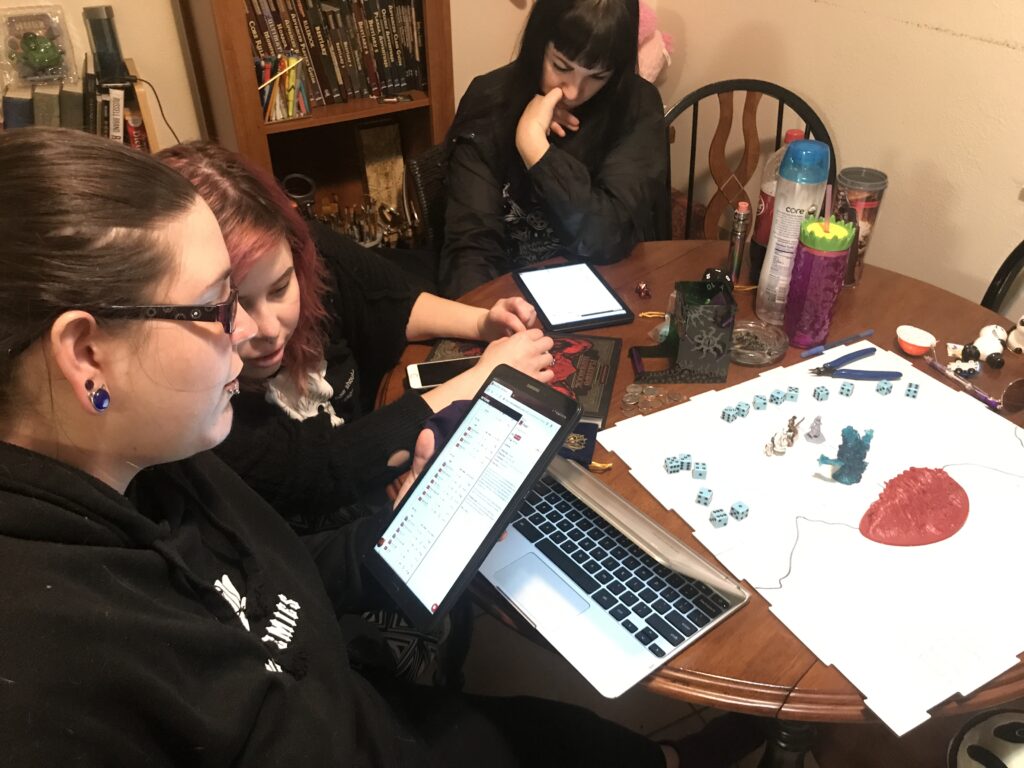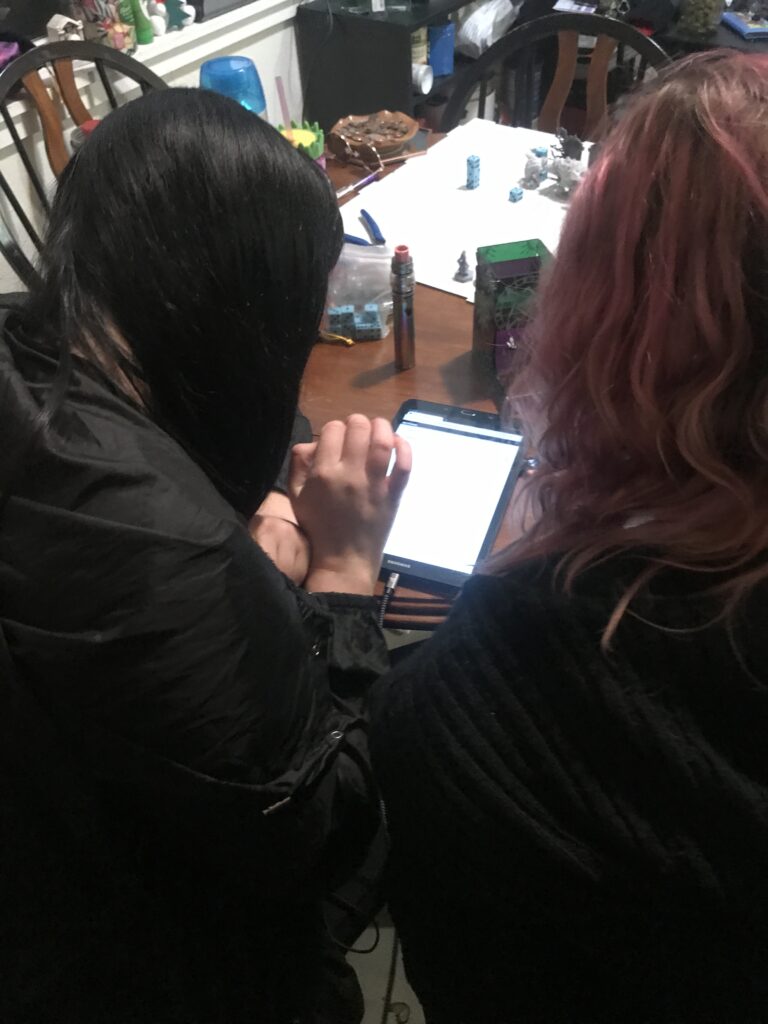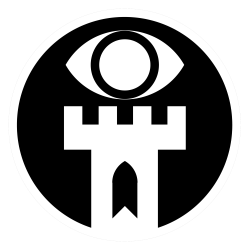We here at WatcherDM dedicate ourselves to giving Dungeon Masters the best, weirdest, and most creative tools to run Dungeons and Dragons games. From homebrew races and items to crazy tables, rule variations, and even entire modules, we’ve got so many goodies for Dungeon Masters to start their parties of adventurers off on the right foot. But we want to talk about player prep.

“Just” An Adventurer…
But what if you’re not the DM? Is there anything the average adventurer can do to bring their full potential to the gaming table? After all, everyone knows the best thing about Dungeons and Dragons is helping to create extraordinary stories featuring the excellent characters of your party. And nothing makes that particular process more accessible or more satisfying than making sure you aptly prepare for battle.
What’s there to prep for? I made this stinking character, didn’t I?
Well, sure you did, but let me ask you this, theoretically argumentative player — how prepped for the day are you when you run out of the house without any pants on? Can you be your best self while half-awake, thinking you might be someone else? If so, congratulations! I’m as happy for you as I am jealous and a little resentful. But if not, then I ask how you can expect your character to deliver under the same conditions?
Speaking from experience, routine pre-game player prep only becomes more and more critical as time goes on, especially once you have multiple characters in your roster. It’s all too easy to forget what you came up with originally that makes your character genuinely spectacular, and although playing them can remind you of what that is, you may remember too late to capitalize on their awesomeness.
Well, what’s the big deal if I’m not quite at peak awesome? It’s not like what I do impacts anyone but me, right?
I’d argue that showing up to the table unprepared is not just cheating you out of your ability to be heroically cool, it’s also cheating your Dungeon Master and the rest of your party out of getting to see you at your full potential – and that’s something we story-loving writers here at WatcherDM truly hate to witness. Dungeons & Dragons is most entertaining when everyone endeavors to bring their all to the table, and that includes you and your character. Imagine if your Dungeon Master and everyone else in your party decided to just phone it in all the time – what a terrible waste of time and energy that would be!
Ok, I’ll bite. So what do you suggest I do as player prep before games?
In all honesty, the number one thing you can do to make sure you’re prepared for your upcoming game is to review, review, review! For best results, aim to do this right before the game is about to begin. That way, it can be fresh in your mind. You don’t need to spend hours on it either! Even just 10 to 15 minutes can make a world of difference, and prepare you to kick some major monster ass while bringing out your character’s full potential.
To begin, try asking your character, “What’s happened in the past? What are you gonna do about it? How are you gonna go about doing it?” There is no “wrong” way of reviewing your character, but to keep myself on track, I like to break it down like this;

1.) What can my character do?
Take a good look at your character sheet to help you out with this. Make a mental note of your abilities, skills, actions, spells, equipment, proficiencies, languages, features, and traits — anything and everything that gives your character more freedom to get stuff done. At the same time, take a moment to imagine your character being truly badass in battle – what’s the ideal order of actions you have to take in a fight to come out looking like a legend? Trust me, the best time to figure this out is well before it ever comes to that.
If you use an in-character voice, try warming up a little. Once you’ve figured out what your character can do and how they sound, move on to what they want to do and say.
2.) What is my character willing to do?
This is more about your overall concept for your character and is probably my favorite thing to think about pre-game. Your character sheet can help you out here just like before; this time, pay attention to the sections such as alignment, background, personality traits, ideals, bonds, flaws, and especially anything you’ve written in the description section of your notes. Where there are plenty of things that characters can do, it’s what they will (or won’t) do that adds the most flavor. Do they have a strict code of ethics and/or honor that prevents them from harming the most vulnerable? Or are they murder hobos bent on burning churches to the ground and eating nuns in front of orphans?
3.) What has happened so far to my character?
Just like in real life, people are who they are based on many factors. A lot of that has to do with the things that happened in their past. These can range from things that happened far back in their past (even so far as things they did and experienced in their youth) to things that happened yesterday. Some people choose to take diligent notes about every single session of Dungeons and Dragons that they’ve played before, but even if you’re not one of those people (don’t worry, I’m not either), you can still review the things that have happened so far to your character. Maybe you were cursed by a witch last month, and now you subconsciously hate all witches. Or maybe you befriended your childhood bully in your youth, and now get biweekly letters from her thanking you for setting her straight and putting her on the path to salvation.
So what do you think? Is there anything I may have missed? If so, let me know in the comments so that I can come to the table better prepared! And don’t forget to subscribe to our mailing list if you haven’t already for a lot more fabulous free content!
